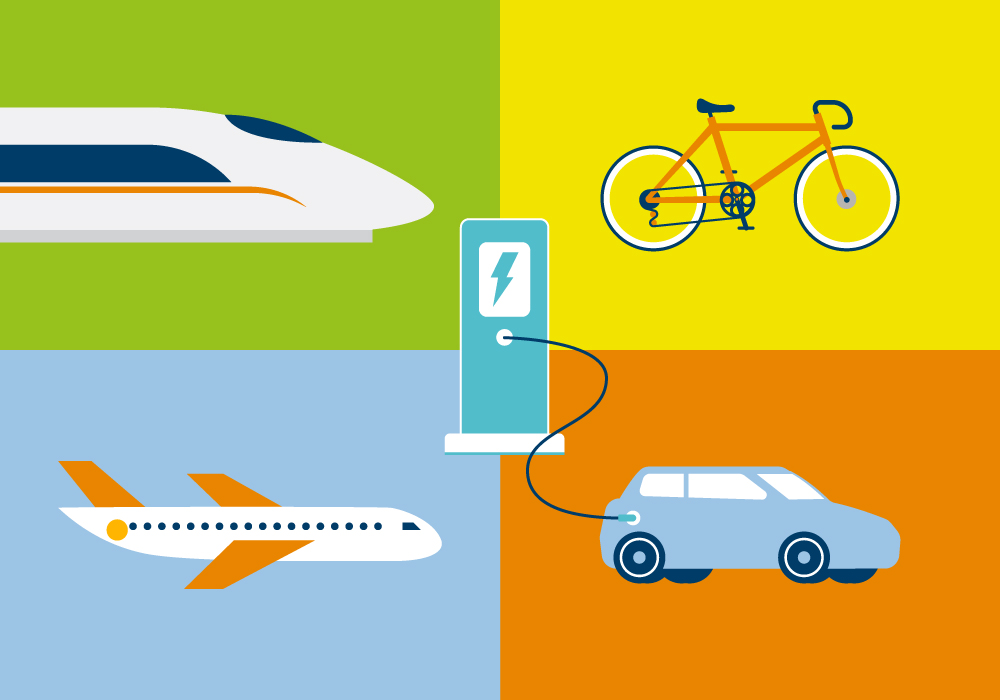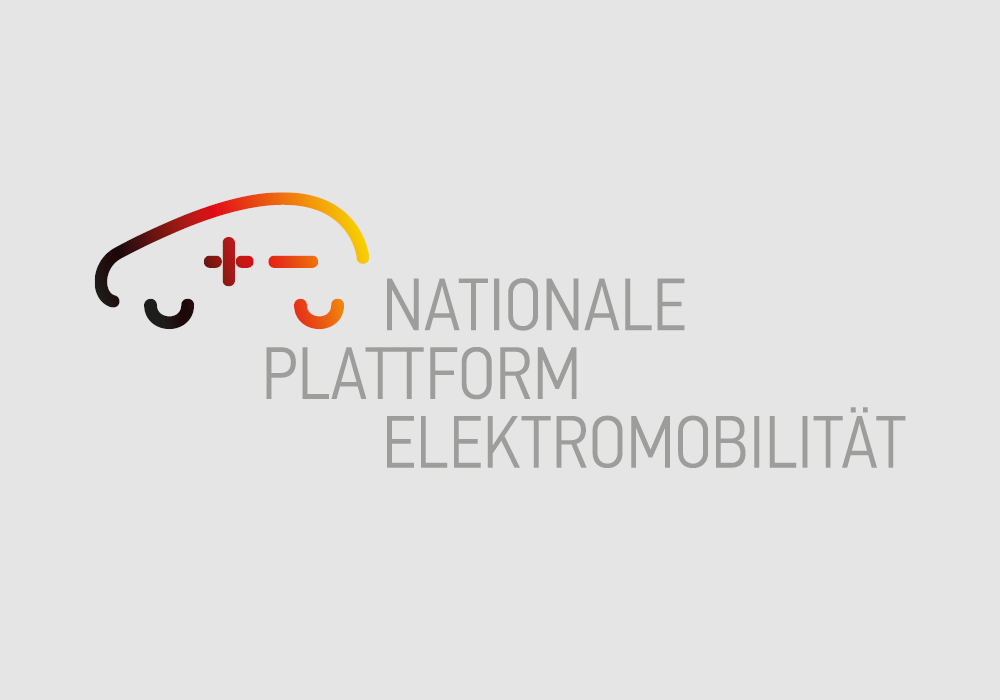Mobility Monitor 2021: Are people in Germany ready for the transition to sustainable mobility?

Munich, 22 July 2021
How are climate change and the coronavirus pandemic changing mobility in Germany? What changes do Germans expect and want? These are some of the questions answered by the Mobility Monitor 2021, a representative population survey undertaken by the Allensbach Institute for Public Opinion Research (IfD) on behalf of acatech – National Academy of Science and Engineering. The survey reveals that while many people expect and want to see major changes in the mobility system, they continue to have reservations about certain new technologies.
Renate Köcher, Managing Director of the Allensbach Institute for Public Opinion Research and acatech Senate member, offers the following summary of the survey’s findings: “The vast majority of people are aware that measures to tackle climate change will have repercussions for their personal mobility choices. But there is a clear difference between their wishes and their expectations as far as these changes are concerned. Many are worried that their mobility choices will be restricted, and are pinning their hopes on technological advances and smart transport strategies to provide an alternative solution.”
Most people see tackling climate change as the biggest challenge facing the world today
The public hasn’t forgotten about tackling climate change during the pandemic. On the contrary, it is seen as the biggest challenge facing the world today. Although most people are sceptical about our chances of limiting climate change, the majority nevertheless believe that we should make a concerted effort to do so. The top priorities in the eyes of the public are protecting the rainforests (74%), international agreements (72%) and limiting emissions from industry (61%). However, changes in energy use and mobility also rank highly. 60% of those surveyed thought that low-emission vehicles can make a significant contribution to tackling climate change, while 57% believed that it will be important to increase the amount of freight transported by rail and waterways. A similar percentage were in favour of expanding public transport. As in previous years, over a third of those interviewed thought that measures to tackle climate change will restrict their personal mobility choices. However, the majority said they hoped that technological advances will form part of the solution.
Most people expect more electric vehicles, but only a minority actually want them
Despite strict government emission limits, massive funding for alternative vehicle technologies and a growing focus on electric vehicles among automotive manufacturers, people’s reservations about electric mobility remain largely unchanged. The proportion of people who would consider buying an electric vehicle was the same as last year (24%), while 31% said they would consider purchasing a hybrid. People are put off by the cost of buying an electric vehicle (69%), concerns about their range (67%), a perceived lack of charging stations (66%), long charging times (60%) and doubts about how eco-friendly electric vehicles really are (58%).
acatech Vice-President Thomas Weber says that these widely held views do not reflect the latest technological advances: “Many people don’t realise just how far eco-friendly vehicle technology has come. They still think you can only use electric cars for short journeys, but this is no longer true, thanks to bigger, more powerful batteries. Similarly, Germany’s charging infrastructure is often deemed to be inadequate, even though the private, public and commercial charging infrastructure is actually expanding. Increasing public acceptance of technological advances in the mobility sector is one of the key challenges for the next few years and will require a huge collective effort from everyone involved.”
Digitalisation and connectivity: a mixed picture
Most people believe that the increasing amount of digital technology in vehicles makes them more complex to use. While this is particularly true among the older generations, even the majority of under-30s think that cars are getting more complicated and less user-friendly. On the other hand, the majority of respondents agreed that connectivity offers a range of benefits. Information about traffic disruption was considered helpful by 65% of interviewees, while information about alternative routes and free parking spaces was cited by 64% and 55% respectively. People also expect to see an improvement in road safety – 56% of those interviewed thought that data can help to make our roads significantly safer and 57% said it can help to reduce congestion (57%). However, seven in ten people also felt that digitalisation and connectivity are associated with risks such as data misuse and cyberattacks.
About the Mobility Monitor 2021
The survey is based on 1,027 face-to-face interviews with a representative cross-section of the population aged 16+. Its content and methodology are consistent with the 2019 and 2020 surveys, making it possible to discern a variety of different trends. The interviews were conducted in May 2021.
Further information
Resources including graphics, a press release and an overview of the study’s findings are available at www.acatech.de/mobilitätsmonitor2021 (German only).



